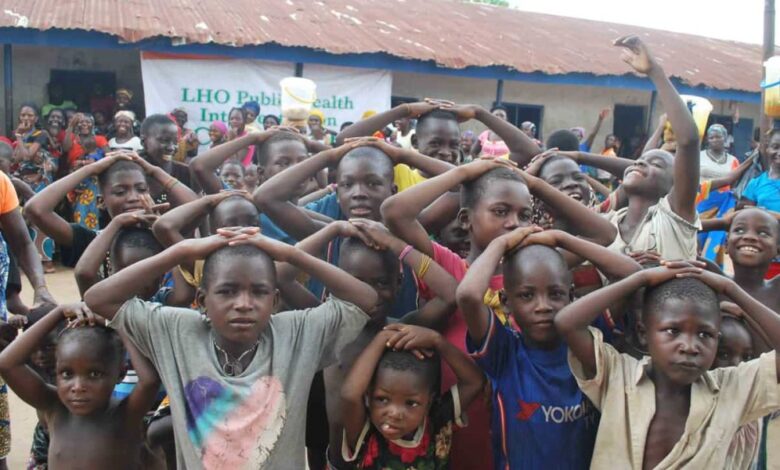Insecurity: Over 180 Schools Shut Down in the North

At least 188 public schools in Northern Nigeria have been shut down due to worsening insecurity.
Many of the affected schools have either been attacked by armed groups or converted into shelters for displaced families, according to report by Daily trust.
A breakdown of the closures shows 39 schools in Zamfara, 30 in Niger, six each in Sokoto and Kaduna, 52 in Katsina, and 55 in Benue State.
Reporters note that the actual number may be higher, as some communities remain inaccessible due to insecurity.
Schools Turned Into IDP Camps
Investigations revealed that some classrooms now serve as camps for Internally Displaced Persons (IDPs). In a few areas, makeshift schools have been opened inside IDP camps to ensure children continue learning.
However, in hard-to-reach rural communities, schools remain closed indefinitely.
In Sokoto, several government boarding schools have stayed shut for years.
Some classrooms in Sabon Birni are shared between displaced villagers and pupils, with residents occupying the schools at night and leaving during the day.
Zamfara, Katsina Hit Hardest
In Zamfara, 20 primary schools and 19 secondary schools remain closed in areas plagued by banditry.
Some of these schools have been abandoned for over six years, while others have been taken over by soldiers.
Katsina has also suffered major setbacks. A 2024 UNICEF-supported study revealed that 52 schools were shut in three local government areas.
Kidnappings of students and teachers have worsened the crisis, including the infamous Kankara abduction of 2020.
Niger, Kaduna, and Benue Struggle
In Niger State, schools like the Government Science College, Kagara, remain closed after repeated attacks.
Teachers confirm that children sometimes spend weeks at home whenever bandits are sighted.
In Kaduna, villages in Kajuru, Chikun, and Birnin Gwari LGAs have been deserted, leaving schools empty.
Similarly, in Benue, Amnesty International reported that 55 schools were destroyed or closed in 2024, with many converted into shelters for displaced families.
Nigeria already has one of the highest out-of-school populations in the world. UNICEF estimates between 10 and 20 million children are currently out of school. States like Katsina, Sokoto, and Kebbi lead the chart.
Educationists warn that prolonged closures could deepen illiteracy, poverty, and child recruitment into armed groups.
UNICEF’s Michael Banda said the closures are pushing millions of children into “a cycle of violence, poverty, and hopelessness.”
Security experts warn that boys denied education may join armed groups, while girls risk early marriage, hawking, or exploitation.
The future of rural education now depends on how quickly governments restore peace.
Without urgent action, a whole generation could be lost to insecurity.
Post Views: 4





